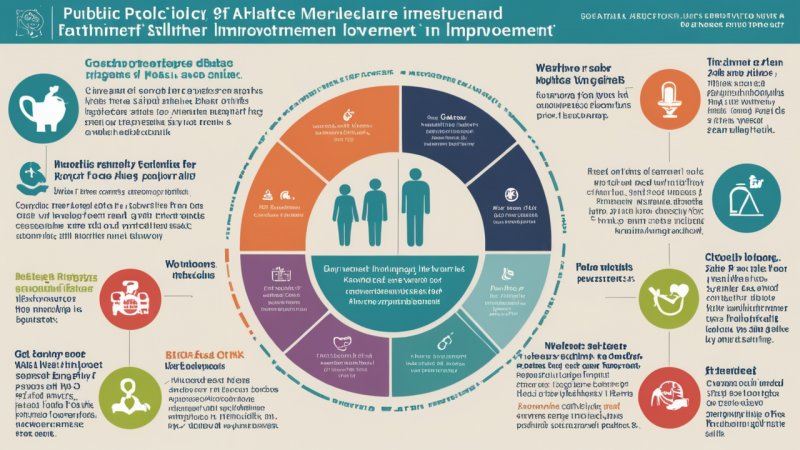Public policy serves as a catalyst for healthcare improvement, influencing not only how services are delivered but also the overall quality of care that patients receive. By shaping regulations, funding mechanisms, and healthcare initiatives, policymakers can drive significant advancements in public health and well-being. One of the primary functions of public policy in healthcare is to establish standards of care and quality assurance. Regulatory bodies create guidelines that healthcare providers must follow to ensure patient safety and effective treatment. For example, policies that mandate regular inspections of healthcare facilities and enforce compliance with safety protocols help reduce the risk of medical errors and improve patient outcomes. These quality assurance measures are essential for maintaining public trust in the healthcare system. Additionally, public policy plays a vital role in funding healthcare programs and services. Government budgets allocate resources to various healthcare initiatives, from preventive care to research and development. Investment in public health campaigns, vaccination programs, and disease prevention strategies can lead to improved health outcomes for entire populations. For example, during the COVID-19 pandemic, governments worldwide implemented policies that prioritized funding for vaccine development and distribution, which ultimately helped control the spread of the virus. Furthermore, public policy can drive innovation in healthcare by encouraging research and development. Policies that support funding for medical research, grant opportunities for healthcare innovations, and partnerships between academia and industry can lead to groundbreaking discoveries in treatments and technologies. For instance, government initiatives that promote research in telemedicine have accelerated the adoption of virtual care options, improving access to healthcare services for patients in remote areas. Public policy also addresses the social determinants of health, recognizing that health outcomes are influenced by factors beyond traditional medical care. Policies that focus on improving education, housing, and nutrition can lead to healthier communities and reduce healthcare disparities. For example, initiatives that provide access to healthy foods and safe living environments can have lasting positive effects on public health. By addressing these underlying issues, policymakers can create a more comprehensive approach to healthcare improvement. Moreover, public policy plays a critical role in ensuring equity in healthcare access. Policies that expand Medicaid, provide subsidies for low-income individuals, and support community health centers can help reduce barriers to care for marginalized populations. By prioritizing health equity in policy decisions, governments can help ensure that all individuals have the opportunity to receive high-quality healthcare, regardless of their socioeconomic status. In conclusion, public policy is a crucial driver of healthcare improvement, influencing standards of care, funding, innovation, and equity. By understanding the impact of policy decisions on healthcare systems, stakeholders can work collaboratively to advocate for evidence-based policies that enhance the quality of care and promote the health of communities. As society continues to evolve, the importance of effective public policy in shaping the future of healthcare cannot be overstated.
Public Policy: A Catalyst for Healthcare Improvement
Explore how public policy serves as a catalyst for healthcare improvement, shaping the quality of care and influencing health outcomes for communities.






